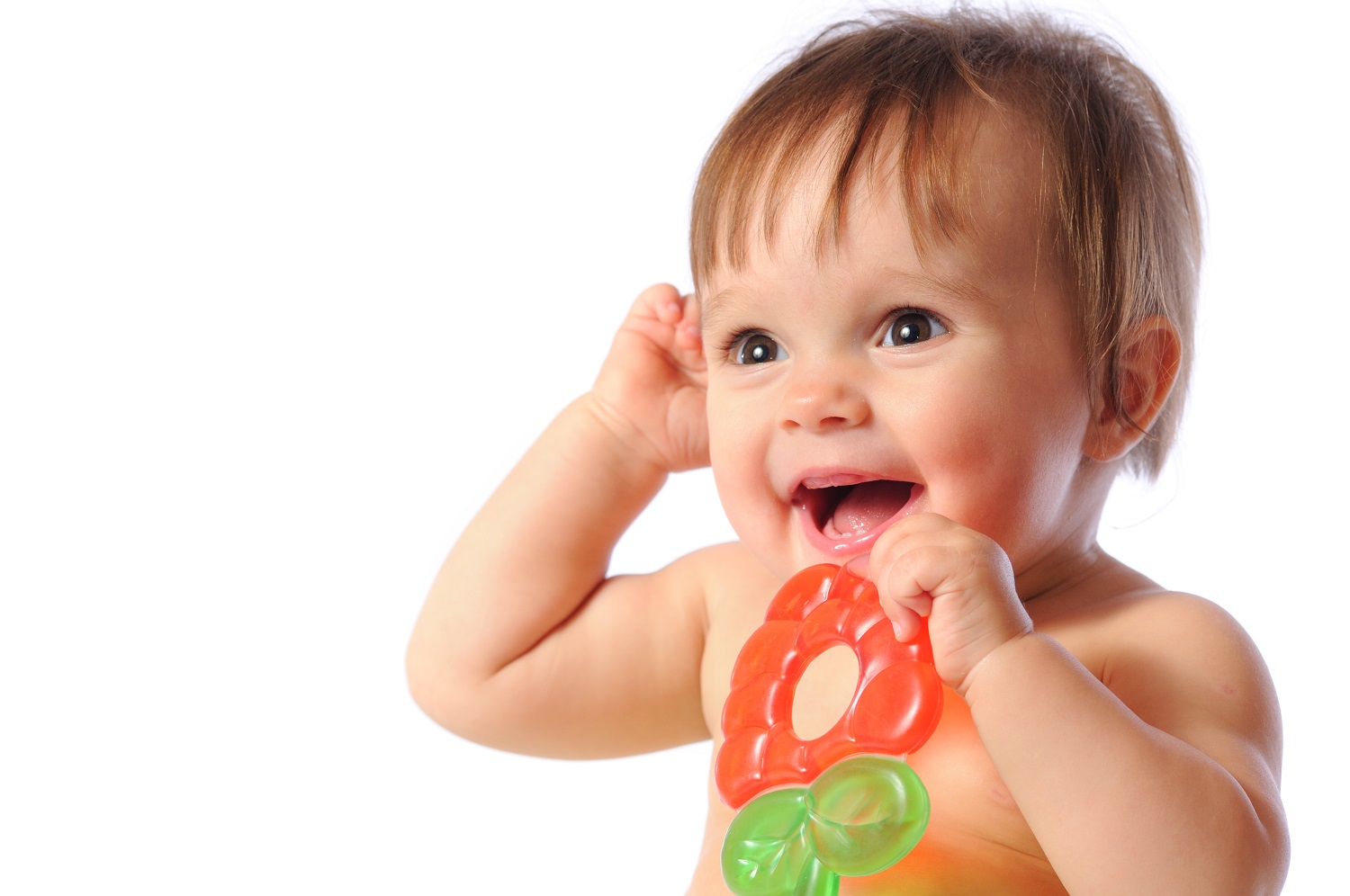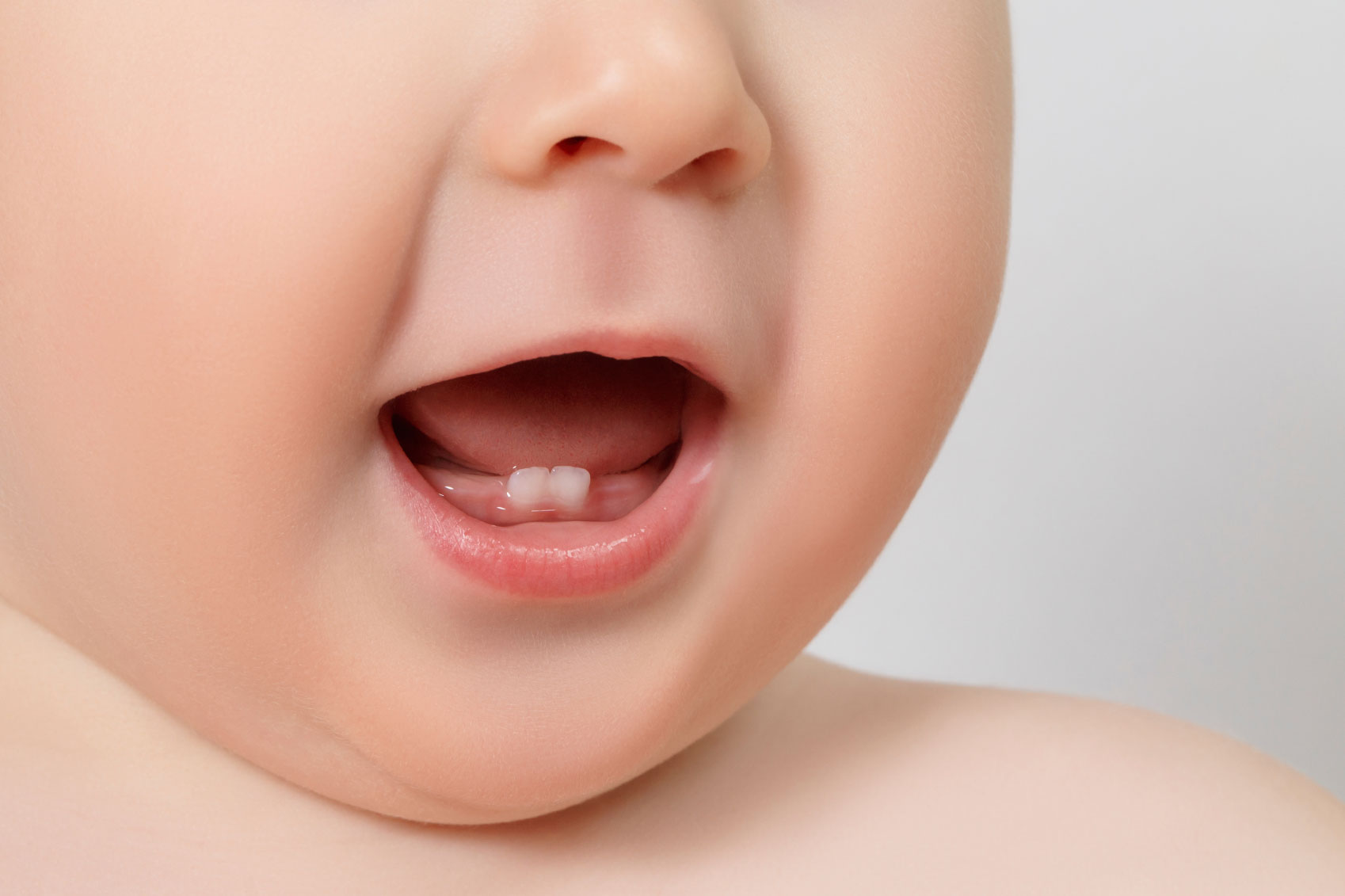Last Updated on: 27th August 2024, 12:48 am
Baby teeth don’t just make child smile. They are an important part of their health that can affect their your hygiene and healthy habits in the future. Knowing how and when baby teeth come in and properly monitoring and taking care of them is important to maintain good health, minimize problems, and facilitate good hygiene.
Table of Contents
ToggleImportance of tooth development in children

Baby teeth are important for the development of your child’s mouth, general health, and overall development. They are functionally important for:
- Chewing food.
- Developing speech.
- Determining where the permanent teeth will eventually erupt.
Stages in a child’s tooth development
The development of primary teeth begins while the baby is in the womb. This first stage occurs at about six weeks of pregnancy (gestation). This is when the primary substance of the tooth forms.
Next, the hard tissue that surrounds the teeth is formed around 3 to 4 months of gestation.
This is why the mother’s health during pregnancy is critical, not only for the development of the child but also for the child’s teeth formation. There are two important aspects to consider during pregnancy: a balanced diet and keeping mother’s teeth and gums healthy.
Usually, babies are born with tooth “buds” underneath their gums, embedded in the bone below. These baby tooth buds are areas where their 20 teeth will gradually erupt and develop.

The second stage of tooth development occurs with the eruption of them.
Eruption refers to the tooth breaking through the gum. In babies, tooth eruption is also called teething. The time of tooth eruption differs from child to child. While the timing may vary, the order of tooth eruption is:
- The two front teeth (central incisors) in the lower jaw are usually the first to erupt. This occurs somewhere between the ages of six and ten months.
- The two front teeth (central incisors) in the upper jaw erupt between eight and 13 months.
- The lateral incisors, which are the teeth on each side of the central incisors, erupt in both the upper and lower jaws between eight and 16 months. The lower set tends to erupt before the upper set.
- The first set of upper and lower molars (flat-surfaced back teeth) erupt between 13 and 19 months.
- Canine or ‘eye’ teeth sit beside the lateral incisors and erupt in both the upper and lower jaws between 16 and 23 months.
- The second set of upper and lower molars erupts between the ages of 25 and 33 months.
Each baby is different in the teeth development process, so don’t be alarmed if your child’s tooth eruption follows a different pattern. Some may begin teething as early as four to seven months. Others may be around nine months before they get their teeth, or even not until they are a year old. In some cases, a baby might even be born with a couple of teeth already. Genetics can play a huge role. If you or your partner developed your primary teeth early, there is a good chance your child will too.

So, according to the American Academy of Pediatrics (AAP), if your child hasn’t ppped their first tooth by the time they reach 18 months old, you should take them to the pediatric dentist. The normal range for the first tooth to appear is between four to 15 months old. Afterward, the other teeth begin erupting in a regular pattern.
Proper care and hygiene of a child’s teeth is extremely important. If baby teeth are damaged by tooth decay or gum disease, permanent teeth developing underneath them can be damaged. Additionally, the gums and bones of the jaw develop and grow based on the baby teeth, and problems with the baby teeth can seriously harm a child’s eating habits and their ability to learn and eat.
Contact Us: Tooth development in children
If you have any questions about this or other topics, you can contact us on Channel Islands Family Dental and our Facebook Page. We look forward to your visit and will give you a timely diagnosis. Our dentists in Oxnard, Santa Paula, Ventura, and Port Hueneme will be able to guide you towards the best treatment to take care of your health and return your best smile.



